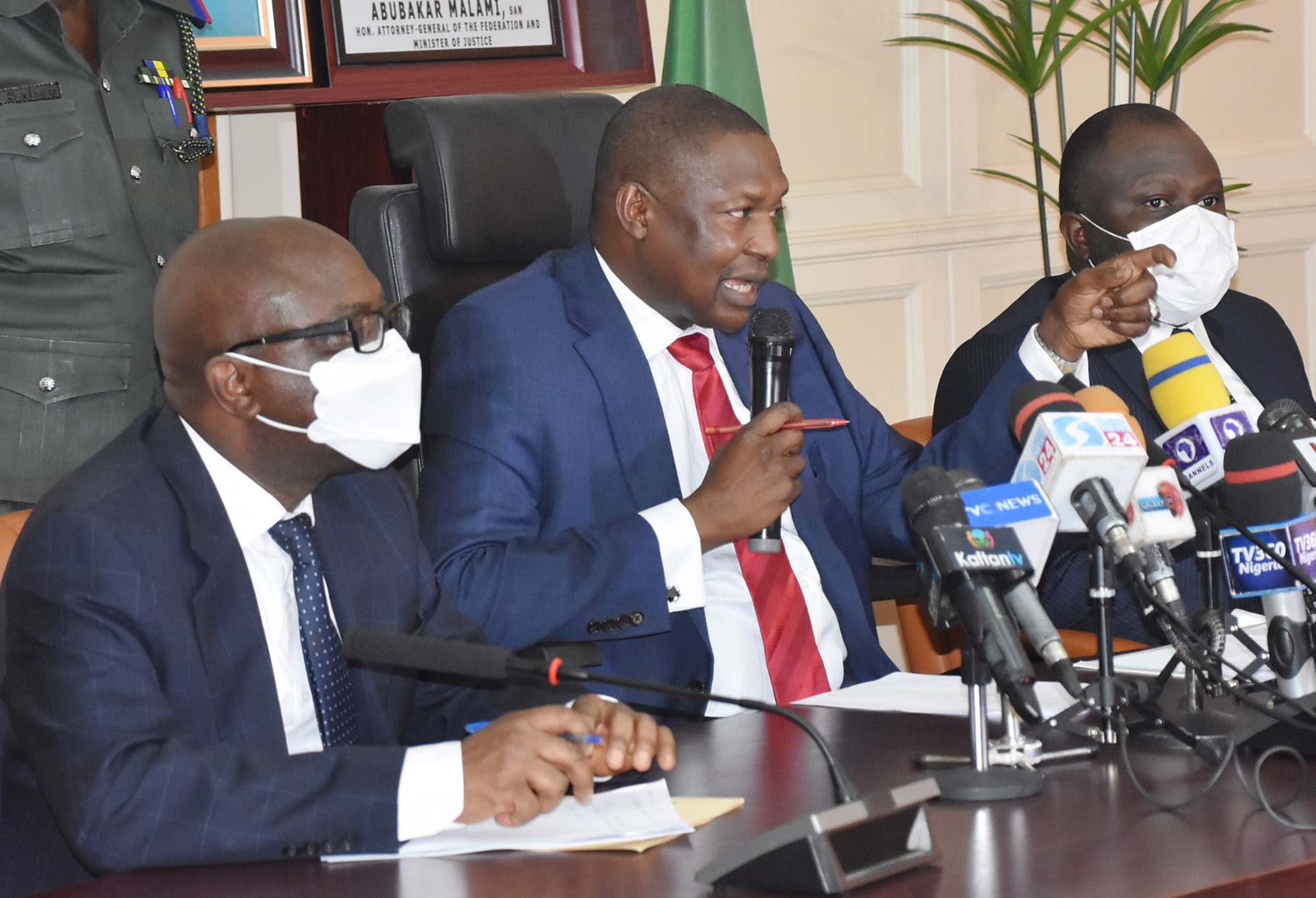Business
PSB Licence, Key In Financial Inclusion -Analyst

The Payment Service Banking ( PSB) licences given to Airtel and MTN is expected to play a key role in expunging financial ignorance in low-income areas.
A financial analyst, Emmanuel Orji, disclosed this while speaking on CBN’s final approval to Airtel and MTN for their respective PSB licenses.
According to Orji, quite a number of people do not own bank accounts due to the lack of information or sensitisation on the ease and importance of opening an account and most banks are more focused on reaching the already-banked rather than the unbanked percentage of the population.
“Even with the efforts in trying to make the bank processes easy as it is now, there is no incentive to address the ignorance on the streets.
“We hardly see banks hosting seminars on how to open a bank account in those low-income areas and that is just focusing on those that already have some sort of knowledge about how the banking app and account opening works.
“I think the PSB license is given to Airtel and also to MTN is definitely going to play a huge role”, he said.
He also explained that the MTN CFO, during the company’s earnings call, disclosed that the company currently has 180 active agents and registered over 800 active agents across different states in Nigeria.
Another analyst, Olumide Adesina, who commented on the PSB licenses, even though the service provides options for users, focus should also be directed on the e-naira.
“The major positivity from the consumer point of view is that it gives users many options and that is what financial inclusion is all about.
“But in the long run, I think we should focus more on the e-naira adoption, given the fact that transaction cost is expensive relatively across many platforms, especially if you are using overseas or multinational transactions,” Adesina said.
Business
FIRS Clarifies New Tax Laws, Debunks Levy Misconceptions

Business
CBN Revises Cash Withdrawal Rules January 2026, Ends Special Authorisation

The Central Bank of Nigeria (CBN) has revised its cash withdrawal rules, discontinuing the special authorisation previously permitting individuals to withdraw N5 million and corporates N10 million once monthly, with effect from January 2026.
In a circular released Tuesday, December 2, 2025, and signed by the Director, Financial Policy & Regulation Department, FIRS, Dr. Rita I. Sike, the apex bank explained that previous cash policies had been introduced over the years in response to evolving circumstances.
However, with time, the need has arisen to streamline these provisions to reflect present-day realities.
“These policies, issued over the years in response to evolving circumstances in cash management, sought to reduce cash usage and encourage accelerated adoption of other payment options, particularly electronic payment channels.
“Effective January 1, 2026, individuals will be allowed to withdraw up to N500,000 weekly across all channels, while corporate entities will be limited to N5 million”, it said.
According to the statement, withdrawals above these thresholds would attract excess withdrawal fees of three percent for individuals and five percent for corporates, with the charges shared between the CBN and the financial institutions.
Deposit Money Banks are required to submit monthly reports on cash withdrawals above the specified limits, as well as on cash deposits, to the relevant supervisory departments.
They must also create separate accounts to warehouse processing charges collected on excess withdrawals.
Exemptions and superseding provisions
Revenue-generating accounts of federal, state, and local governments, along with accounts of microfinance banks and primary mortgage banks with commercial and non-interest banks, are exempted from the new withdrawal limits and excess withdrawal fees.
However, exemptions previously granted to embassies, diplomatic missions, and aid-donor agencies have been withdrawn.
The CBN clarified that the circular is without prejudice to the provisions of certain earlier directives but supersedes others, as detailed in its appendices.
Business
Shippers Council Vows Commitment To Security At Nigerian Ports
-
Business2 days ago
Shippers Council Vows Commitment To Security At Nigerian Ports
-

 Business2 days ago
Business2 days agoCBN Revises Cash Withdrawal Rules January 2026, Ends Special Authorisation
-

 Business2 days ago
Business2 days agoNigeria Risks Talents Exodus In Oil And Gas Sector – PENGASSAN
-
Business2 days ago
NCDMB, Others Task Youths On Skills Acquisition, Peace
-

 Business2 days ago
Business2 days agoFIRS Clarifies New Tax Laws, Debunks Levy Misconceptions
-

 Politics2 days ago
Politics2 days agoTinubu Increases Ambassador-nominees to 65, Seeks Senate’s Confirmation
-
Sports2 days ago
Obagi Emerges OML 58 Football Cup Champions
-

 News2 days ago
News2 days agoTinubu Swears In Christopher Musa As Defence Minister

